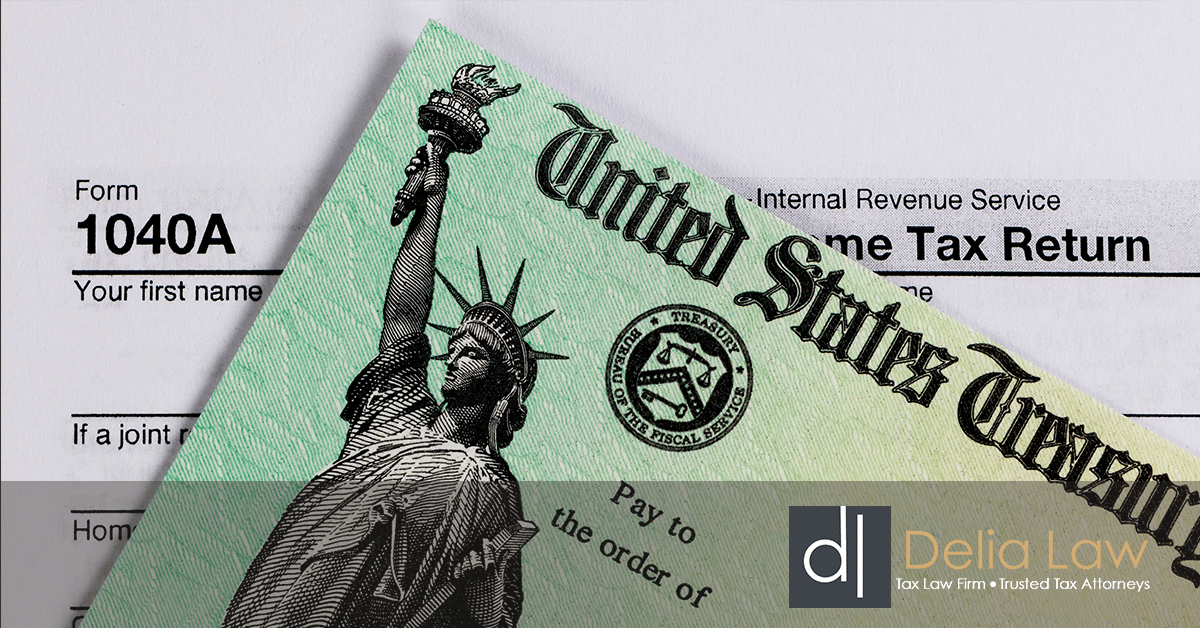Innocent Spouse Relief in San Diego
& Finding an Innocent Spouse Relief Lawyer
Under normal circumstances, San Diego spouses are jointly and severally liable for any taxes due on a joint tax return. If one spouse fails to pay, the other spouse is legally responsible for the entire tax debt. However, there are certain situations in which this rule may not be fair. For example, if one spouse was unaware of the tax debt or could not pay due to financial hardship, they may not be held responsible.
This is where innocent spouse relief comes in. If you can prove you meet the criteria for innocent spouse relief, you may be able to avoid paying the taxes that are owed. To qualify, you must show that you did not know about the tax debt and that it would have been unreasonable for you to know about it. You must also show that you are not financially capable of paying the tax debt. If you can meet these criteria, you may be able to get innocent spouse relief and avoid paying the taxes that are owed.
Applying for innocent spouse relief in San Diego can be a complicated process, and it is important to understand all the steps involved to ensure you are eligible for relief:
- The first step is determining whether you meet innocent spouse relief requirements. To qualify, you must have filed a joint tax return with your spouse and must not have been aware of, and had no reason to know, of any underpayment or inaccuracy on the return.
- If you believe you meet the criteria for innocent spouse relief in San Diego, you must file Form 8857 with the Internal Revenue Service (IRS). This form allows you to request relief from liability for taxes, interest, and penalties that may be owed due to your spouse’s actions.
- Once you have filed Form 8857, the IRS will review your case and determine whether you are eligible for relief. If you are approved for innocent spouse relief, you will be responsible only for the taxes you would owe if you had filed a separate return.
The process of applying for innocent spouse relief can be complex, but it is crucial to understand all the steps involved to be certain you are eligible for this type of relief.
For married couples who have filed joint tax returns, both spouses are legally responsible for any taxes due. However, there are circumstances in which one spouse may be unaware of or unable to control the financial activities of the other. In these cases, the IRS may provide relief to the innocent spouse through what is known as innocent spouse relief. This relief can be granted in situations where the other spouse has:
- Unlawfully diverted funds. This can happen if your spouse uses joint funds to pay for personal debts or expenses without your knowledge. Some signs that this has occurred include your spouse suddenly having less money available, joint accounts being emptied without your knowledge, or bills being paid later than usual.
- Failed to report income. This can happen if your spouse earns income but does not report it on the joint tax return. It may be difficult to catch, but some signs that it has occurred include a sudden change in your spouse’s lifestyle or a decrease in the amount of money available.
- Filed false documents. This can happen if your spouse files false documents to receive a tax refund or avoid paying taxes.
- Made fraudulent claims. Some examples of fraudulent claims include claiming false deductions, credits, or expenses that you are not entitled to.
Overall, innocent spouse relief can provide significant financial relief to an individual in San Diego who would otherwise be held responsible for the taxes their spouse owes. It can also help to preserve the integrity of marriages that have been affected by financial difficulties or safeguard either spouse from unfair financial harm. As a result, innocent spouse relief is an important tool that can help protect taxpayers from unfair tax liabilities outside their personal control.
How Delia Law Can Help You With Innocent Spouse Relief
Delia Law can help you with innocent spouse relief if you have been without reasonable knowledge of your spouse’s underpayment of taxes. Under the current law, if your spouse omits income on your tax return, and the omission is significant, you may be held liable for the understatement, plus interest and penalties. This can put a tremendous financial burden on you, even though you were unaware of the omission.
The good news is that there are options available for innocent spouses who didn’t know about and had no reason to know about their spouse’s underpayment. Delia Law will work with you to file for innocent spouse relief and get the best possible outcome for your situation. You shouldn’t have to bear the brunt of your spouse’s mistakes, and with our help, you won’t have to. Contact us today to learn more.
California-Specific Tax Laws

California residents are subject to some of the highest taxes in the nation. The same applies to businesses operating in the state or people living outside of California but earning income from the state.
There are four main types of taxes in California:
- State income tax. For state tax in California, the tax rate for those filing as a married couple range from 1% to 12.3%, depending on the income bracket. If you make under $18,650, you are only required to pay 1% of your income in state taxes. However, the other end of the spectrum imposes a 12.3% tax rate on annual salaries of $1,250,739 or higher. There is also a 1% mental health service tax that is imposed on anyone making more than a million dollars a year.
- Local tax. At the local level, the amount you pay locally depends on the county and city in which you reside. There are a total of 58 counties in California, each with its own tax rate. For example, in El Dorado County, the tax rate is 0.25%, while in Orange County, the tax rate is also 0.25%, but with an additional 1.5% added in for local school taxes.
- Corporate tax. The corporate tax rate in California is 8.84%, which is higher than average nationally. These taxes are imposed on the majority of businesses, regardless of whether they are based in California or operate in the state.
Sales tax. In terms of sales tax, there is a statewide rate of 7.25%, which is again higher than average. However, some areas have rates as high as 10%. These taxes are generally imposed on retail items. Residents and shoppers of the state do get relief from sales tax on some essential items, such as no tax on groceries and prescription drugs, as well as reduced tax rates on clothing, prepared food, and over-the-counter medications.




